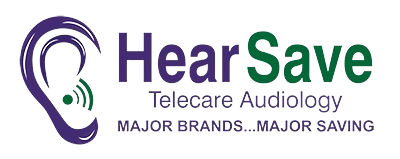CAN YOU ANSWER YES TO
ANY OF THESE QUESTIONS?
- Do you often feel like the people around you are mumbling?
- Do you tend to turn the TV up louder than others family members.
- Do you often ask people to repeat?
- Do you feel uncomfortable not hearing well in social situations?
- Do you feel your memory is getting worse?
If so, these are all indicators that you may have a hearing loss.

Are You Noticing Your Loved
Ones are Having Difficulty
Hearing?
Someone having trouble hearing or understanding speech will frequently ask you to repeat. They will frequently ask questions like, “what?, I’m sorry?, pardon?, huh?, come again?, aye?, etc….” Noticeable gestures may include cupping their ear toward sounds, leaning into sounds or leaning forward.
You may also notice them watching your lip movements and paying special attention to your own gestures to try to comprehend what you are saying.
Is it Time To See A Hearing Professional?
Unfortunately, it is not often that a person will seek help from a Hearing Specialist on their own without prompting from their loved ones or friends. Reasons for this are because of old mis-perceived stigmas associated with the admission of a hearing difficulty. Many think it only happens if you are old and that everyone will see the hearing aid.
The truth is that trouble hearing can arise from many sources including something as simple as seasonal allergies, childhood illnesses or repeated exposure to loud noises. Hearing aids today are very small about the size of a small paper clip or even smaller. If you know someone that would benefit from hearing amplification, please urge them to seek help. They will thank you in the long run.

Consequences of Hearing Loss
Hearing Aid Insurance
Most insurance programs offer purchase allowances for major hearing aid brands.
HearSave Audiology works closely with the following Insurance Companies for new hearing aid purchases:
Call us to find out what your coverage allowance is, and what your out-of-pocket amount will be, if any.





